

deep insights, facts & figures

The competitive situation is intensifying in a marketplace influenced by international DIY retailers
The Russian DIY market is still in a state of flux. Since the crisis of two years ago there seems to be more and more truth in what observers such as John Herbert, general secretary of EDRA, are saying about this market: that it is one of the most dynamic in the world. Which is reason enough to analyse the current tendencies. Following the catastrophic losses of one-third in consequence of the global financial crisis of 2008 and 2009, the recovery began in the spring of 2010. The rise went hand in hand with a change in the demand structure: Russian consumers were more interested in the “soft” DIY ranges now. Garden products and furniture for the dacha were in demand. At the same time it became evident last year that the DIY retailers were dividing their spheres of influence up according to a relatively clear pattern: the foreigners are continuing to expand in the big cities, while the domestic companies like Metrika and Trest SKM are largely concentrating on smaller towns. In the meantime observers believe that they no longer have any time to lose if they want to get hold of the best locations – which they are doing: Metrika is at present the most rapidly growing DIY chain in Russia. On 1 August 2011 Metrika had 45 stores in north-west and central Russia – and intends to add ten more by the end of the year. The industry’s prospects for 2011 remain good. The construction industry is growing, as are average earnings. For the DIY sector this means that annual growth rates of between 10 and 15 per cent are realistic. An increase of 15 to 17 per cent is expected in the building materials section alone. The competition is intensifying in step with the consolidation in the DIY retail scene, and the international operators are strengthening their position. Leroy Merlin, the sales channel of the French Groupe Adeo, and the German market leader Obi still head the ranking by sales, while the Russian chain Maxidom will probably have to relinquish third position to Castorama. The dominant position of the international operators can also be seen from the list of the Top 100 firms in the Russian retail scene in 2010, which was put together by Infoline, an information agency. This includes only eight retailers from the DIY and housewares section. Only half of these are Russian companies, and there is only one among the Top 5. The international actors are also far ahead in the grading by sales/m² (see charts). Altogether the industry’s sales rose by some 20 per cent from…
Related articles
Read also

 Menü
Menü



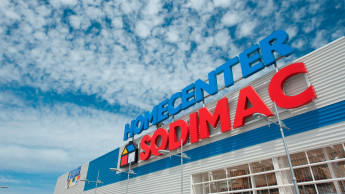
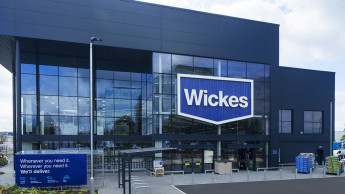
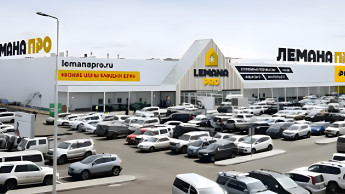




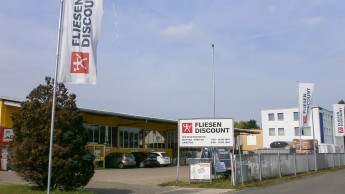
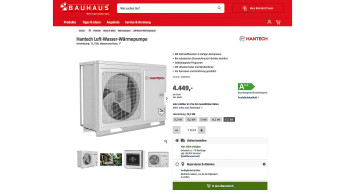
 Newsletter
Newsletter